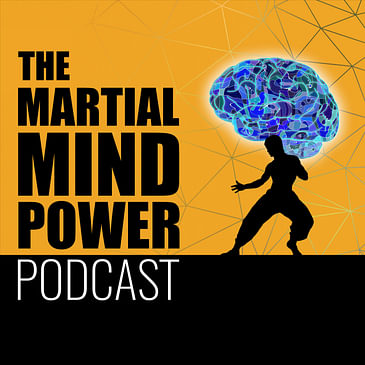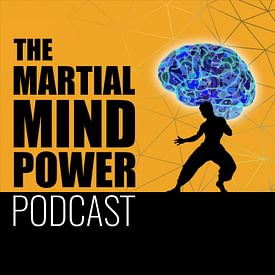In the vast tapestry of life, Keshava Maharaj emerges as a radiant thread, weaving together wisdom, compassion, and boundless spirituality. His journey, a symphony of enlightenment and service, exemplifies the transformative power of dedication and self-discovery. Having embarked on his quest for truth after earning a prestigious BSc in Information Management from UCL in 2002, Keshava Maharaj chose the path of full-time monastic life. This pivotal decision marked the beginning of a profound odyssey—a journey of profound learning, spiritual expansion, and global outreach. For over two decades, Keshava Maharaj has been a revered resident monk at Bhaktivedanta Manor, a sacred sanctuary nestled in the heart of the UK, generously gifted by the legendary George Harrison from the famous Beatles band. Within these hallowed walls, he has not only nurtured the School of Bhakti but has also spearheaded transformative monastic training programs and visionary national outreach initiatives. A prolific creator, Keshava Maharaj has sculpted a legacy of enlightenment through his myriad courses on Vedic theology, holistic lifestyle management, and spiritual evolution. His ten illuminating books serve as beacons of ancient wisdom, guiding seekers on their journey of self-discovery amidst the complexities of modernity. In 2022, Keshava Maharaj embraced a new chapter in his spiritual journey, embracing vows of lifetime renunciation and assuming the mantle of a renounced traveling teacher of Krishna Consciousness. Now, as he graces the MMP Talks platform, we are honored to be enveloped in the divine aura of his wisdom. Join us as Keshava Maharaj shares his profound insights on the fusion of martial arts and the inner battles, the monastic path, igniting the flames of inspiration and guiding us towards a higher state of consciousness. In his presence, we are reminded of our innate potential to transcend limitations and embrace the boundless expanse of spiritual growth.
==========
Martial Mind Power Talks - Martial Mindset for Everyday Life.
Spreading Self Mastery Inspired By Martial Arts.
MMP TALKS is a non-profit social enterprise devoted to spreading self-mastery teachings inspired by martial art & philosophy combined with self-help to raise the consciousness of the self, collective, and Mother Earth to make the world a better place to live in.
At the MMP TALKS inspired thought leaders, authorities, and masters in our community will share a compelling talk (up to 20 minutes) about their key life message inspired through the hidden secrets and power.
Martial Mind Power - http://www.martialmindpower.com


